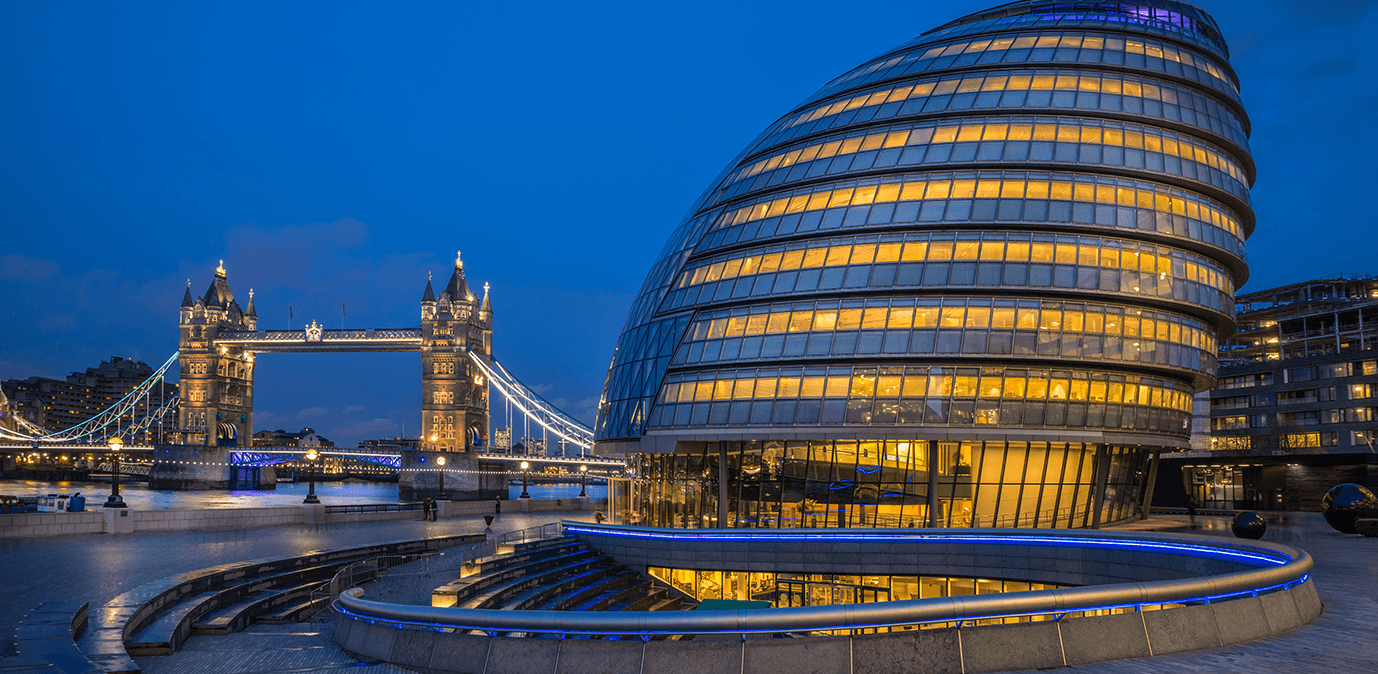New Regulations Ahead: London’s Transport Committee Report on Future Transport
by Matthew Niblett on 13 Feb 2018
The London Assembly’s Transport Committee has today published ‘Future transport - How is London responding to technological innovation?’
Transport is currently a highly topical issue; the suspension of Uber’s operating licence and oBike’s unsolicited launch have laid bare Transport for London’s (TfL) limitations in dealing with new technologies and forms of transportation.
Outside of London transport has also been in the headlines; under the leadership of Jeremy Corbyn, the Labour Party is advocating renationalisation of rail services, whilst the failure of the East Coast rail franchise has raised serious questions about the Government’s transport strategy.
Transport is one of the sectors where new technologies have the most apparent revolutionary potential. Bike-sharing schemes are already making urban mobility far more fluid, and on-demand bus services could make public transport far more responsive to travellers' needs. Further ahead drones could reduce congestion caused by delivery drivers, and autonomous vehicles will not only vastly reduce the number of road traffic accidents, but could also drastically reduce car ownership via wide-scale implementation of car sharing.
The report’s aim is to ensure that TfL is better-prepared than it has previously been for the wide-scale implementation of these and other new technologies. Its first recommendation tackles this issue head on, calling for TfL’s new Transport Innovation Directorate (which leads work on monitoring and planning for technological change) to be more deeply embedded across the organisation. The report’s seven remaining recommendations focus on three specific emerging sectors: connected and autonomous vehicles, app-based services and drones.
Autonomous Vehicles: Embedding car-sharing into the transport network
Shared-use autonomous vehicles have the potential to decrease the number of cars on the road because they can function continuously as long as they are refuelled and maintained. However, since we are some way off large scale rollout of autonomous vehicles, the report recommends that TfL embeds car-sharing in the transport network in the short term. As such, we might well see TfL employees and other public sector employees in London encouraged to subscribe to car clubs, or indeed exclusive deals signed between certain car-sharing service providers and local authorities. Such deals have begun to be trialled in other cities around the world. The report does not go as far as suggesting a TfL run or co-sponsored car-sharing service along the lines of the Santander Cycles scheme.
The report also acknowledges the possibility of significant job losses in driving professions, particularly in buses, if autonomous vehicles become widespread. It calls for a review into this area.
App-Based Transport: Licensing and Data Sharing Requirements
The report focuses on two discrete areas of app-based technology: dockless cycle hire and on-demand bus services. The report recommends that TfL considers implementing a London-wide licensing regime for dockless bikes. Such a licensing regime could involve a mandatory presence in outer London boroughs, and adherence to TfL’s code of practice. A common framework applicable across all London Boroughs would give operators greater certainty. When this is paired with the ability for Boroughs to plot the direction of schemes, such as setting the locations of parking spaces, the needs and wants of communities can also be heard. The report suggests that a small number of operators could be granted permission to operate, which could result in a bidding process between major operators, and possibly some consolidation, before the market becomes somewhat more stable.
Regarding on-demand buses, the report encourages dialogue around the development of the principles of a new regulatory regime for such services. The purpose of these buses ought to be to serve areas with less dense public transport coverage, according to the report. Ford-owned Chariot is currently trialling four routes in south London, where the tube is not as ubiquitous as it is north of the river. Discussions around on-demand buses could lead to more companies being granted trials in London, although TfL must develop dedicated regulations for such services, to ensure they remain compliant with public service requirements.
The report also notes TfL’s contribution to app-based transport services through its publication of open data, and encourages those who use TfL’s open data to make their data available to TfL in turn. The report suggests that such data sharing should be made a requirement for those who use TfL open data, and encourages the Mayor to include this provision in his Smart London Plan. This could be a highly disruptive intervention in the transport app market.
Drones: Call for new powers for TfL
On drones, the report acknowledges there are specific challenges to using drones in dense urban areas, and suggests that existing rules are likely to prove insufficient if companies embrace drones as a delivery solution en masse. The report calls for a more proactive approach from TfL to agree how to manage London’s air space. In particular, it calls on TfL to monitor existing drone use and draw up projections for future drone use to inform the debate surrounding regulation. While this would be a significant expansion of TfL's powers, the issue is likely to increasingly in the spotlight given the recent announcement of London’s participation in NESTA’s Flying High Challenge.
The Committee also urges TfL to lobby for new powers in the sphere of drone regulation, particularly around a new control system. It is however unclear how TfL-specific powers would operate alongside national legislation, with the Drone Bill expected in spring of this year.
What happens next?
All in all, the report stresses the need for extensive further investigation of the issues by TfL alongside the immediate calls to action. The Mayor and TfL will need to respond to the Committee’s report by the end of May 2018 and officials at City Hall will be looking at how to balance the recommendations in this report against the Mayor’s existing strategies and budget constraints. While the report will not make national headlines, it will also be closely watched by Westminster and Whitehall as technological innovation in the transport sector continues be an area of policy focus.
Engaging with policy makers on these issues
The next couple of months will be a good time for companies and organisations interested in London’s transport infrastructure to put their arguments forward. If you would like to discuss how you can engage with policy makers on this issue please get in touch with Matthew Niblett, matthew.niblett@inlinepolicy.com.
Topics: UK politics, UK business, Economic policy, Big Tech, Matthew Niblett







Comments